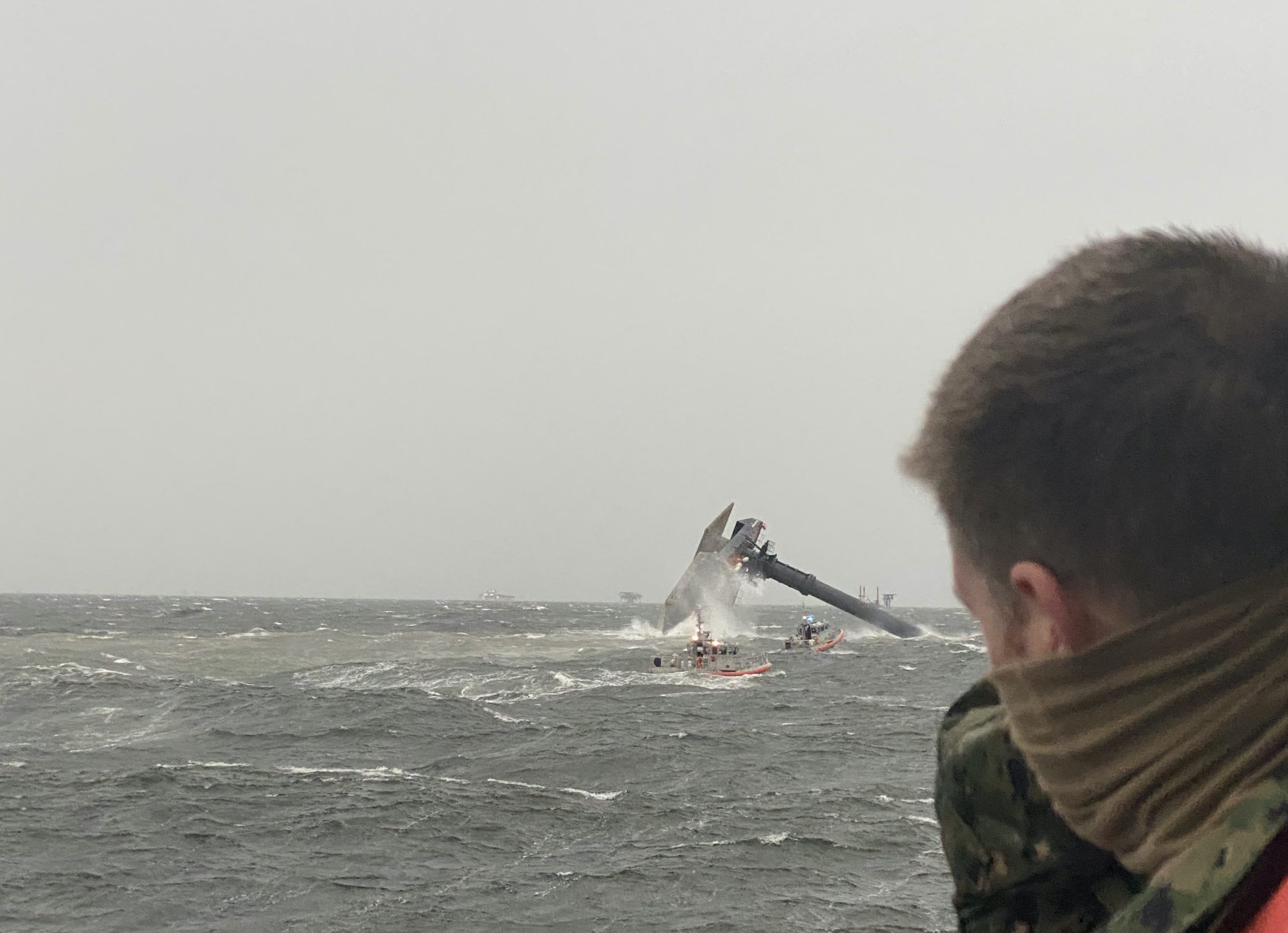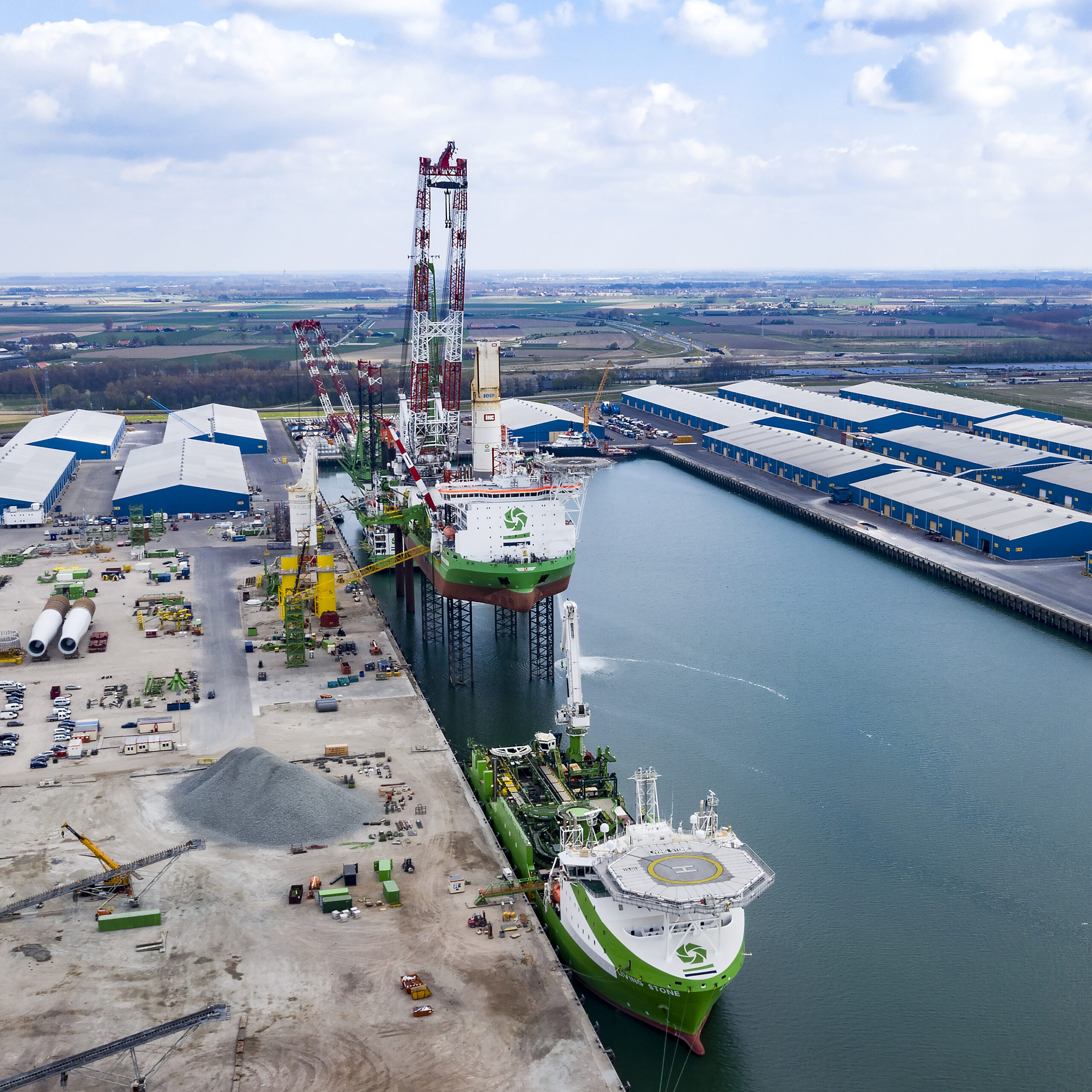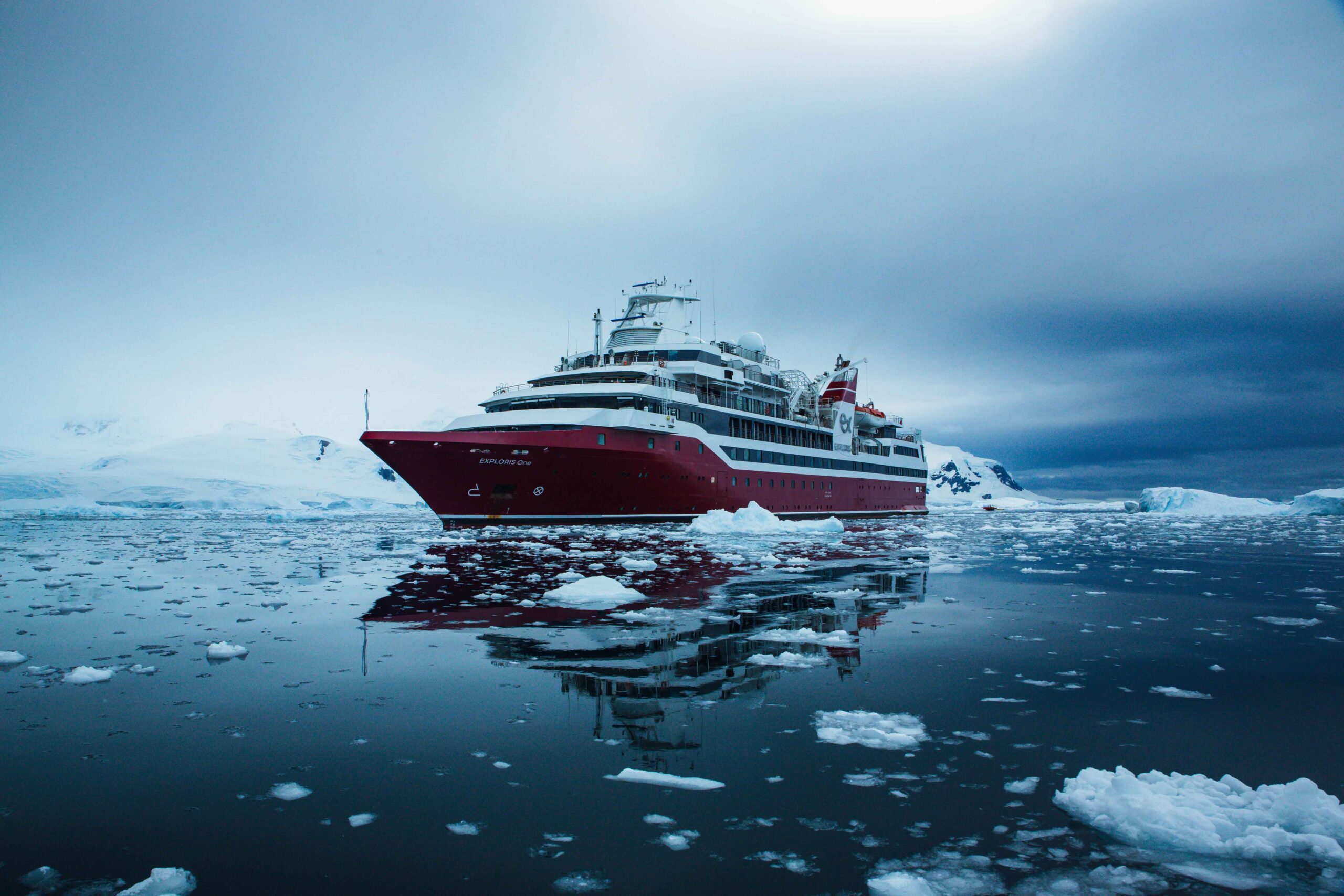By Arnold & Itkin –
On April 13, 2021, the crew of the Seacor Power was preparing to leave Port Fourchon with delivery of goods for a Talos Energy oil platform. The journey, about 100 miles, was just like any other that the lift boat and its crew had done for years. Except that day, Louisiana’s Gulf area was experiencing exceptionally bad weather.
At approximately 1:30 p.m., the Seacor Power left port. By 4:30 p.m., the vessel was overturned just a few miles from its origin. Wind gusts reported between 80 and 90 mph created conditions that far outmatched the vessel’s capabilities. Immediately, the search for Seacor Power’s 19 crew members began.
Six survivors were pulled from the choppy waters almost immediately after the accident, and one deceased victim was later recovered. Four more were found dead in the days that followed, leaving eight still missing when the Coast Guard suspended its expansive search.
Why Was the Seacor Power Out During Hurricane-Force Winds?
Industry experts are weighing in about the incident. For many, it is unfathomable that a lift boat like the Seacor Power would be sent out during a storm. While capable vessels, lift boats are far from graceful in the water. They have limited mobility while floating and must be carefully operated once their 200-foot legs are resting.
Many find themselves asking whose decision it was to sail Seacor Power into a storm. While it’s clear that the operator Seacor Marine likely played a role in the decision in some way, investigators will determine exactly what happened and why.
The Limitation of Liability Act: An Antiquated Law That’s Outlived Its Purpose
While the NTSB is investigating the circumstances surrounding the capsizing of the Seacor Power, one thing is almost certain: grieving families and any survivors of the accident are about to have another painful surprise.
As families mourn their loved ones and survivors grapple with the repercussions of the accident, it is likely they will be sued by the company that caused their suffering. This is thanks to a law passed in 1851 called the Limitation of Liability Act. This law has been abused repeatedly by modern offshore companies after serious accidents involving their vessels.
When the Limitation of Liability Act was passed 170 years ago, it indeed had its purpose. In short, the law protected vessel owners from financial ruin after accidents. In that era of maritime work, going out to sea was much riskier than it is today. Piracy was rampant, disease was expected, and weather forecasts didn’t protect mariners as they do today. Vessel owners couldn’t communicate with their ship in 1851—so they needed financial protection from catastrophes or losses they didn’t play a part in or couldn’t prevent. Under the Limitation of Liability Act, shipowners can limit their financial liability to the value of their ship.
Today, this law hasn’t grown with the times and industry. Instead, it has served as a consistent source of heartache and stress for the people harmed the most by preventable offshore accidents.
What Will Happen If Seacor Marine Uses the Limitation of Liability Act?
First, Seacor Power will file a claim using the Limitation of Liability Act. This lawsuit will name anyone with a potential claim related to the capsizing—including families of survivors. Specifically, the lawsuit will attempt to limit the company’s liability to the vessel’s value, which might be close to zero if the ship is salvageable.
Then, the liability action will try to place a hold on any lawsuits the company is currently and potentially facing. The company will take any measure possible to stop a case from being heard by a jury and trigger a long legal practice. Instead of being listened to by peers, the fate of the victims will be left to a single judge.
Herein lies the problem with the Limitation of Liability Act of 1871.
While maritime matters are often resolved before a court approves or denies the limitation of liability, the limitation is only part of the focus of using the antiquated law. Invoking the Limitation of Liability Act means that the march toward justice for victims and their families slows to a crawl. It guarantees that victims will face a years-long legal battle with powerful companies before they can even have their claims addressed.
In other words, the Limitation of Liability Act forces victims to deal with the repercussions of accidents they didn’t cause. Injuries, funeral costs, lost wages, and other hardships are allowed to weigh heavy on their shoulders. Simultaneously, the company that could have prevented those same hardships focused on lengthening the process with a callous lawsuit designed to do nothing more than make the process harder.
While it helped the maritime industry in the 19th century, the Limitation of Liability has transformed into a tool cruelly utilized by 21st-century companies who shouldn’t be allowed to hide behind it any longer. In the best cases, the law makes justice painfully slow for victims. In the worst cases, it stops justice.
Limitation of Liability Claims Are Defeatable
Today, maritime lawyers are so accustomed to offshore companies hiding behind the Limitation of Liability Act that they prepare to deal with it before any claim using the law has been filed. When families approach law firms like Arnold & Itkin, lawyers make a point to prepare them for the cruel legal maneuver.
Grieving families are often blindsided by the letter informing them they’re being sued by the company that should have prevented the death of their loved one in the first place. They’re even more surprised when, as they’re still processing their loss, they’re forced to take legal action only days after receiving the terrible news.
When the cargo ship El Faro was sailed directly into a hurricane, we helped widows fight the limitation efforts of TOTE Maritime. Our attorneys Jason Itkin and Kurt Arnold ensured struggling families didn’t have to face years of agonizing delay before getting justice for their loved ones.
“The owners of the El Faro filed what’s called a limitation act—an attempt to use an 1850s law to limit their liability—a law put in place when we didn’t have radar,” said Jason Itkin. “We didn’t have weather reports, we didn’t have ships that could be put together with advanced machinery and engines that could prevent them from sinking. There was only one thing we could do, and that’s fight. Fight no matter what to make it right.”
In the age of weather forecasts, safety requirements, and advanced maritime technology, workers and their families deserve more than a law that enables employers to hide from accountability.
“All it does is save insurance companies money at the expense of grieving families and injured workers. We do not think this is right,” said Kurt Arnold.
To learn more, click here.
Note: At time of publishing (April 20, 2021), Seacor Marine had not filed for Limitation of Liability to our knowledge.
Unlock Exclusive Insights Today!
Join the gCaptain Club for curated content, insider opinions, and vibrant community discussions.

 Join The Club
Join The Club













